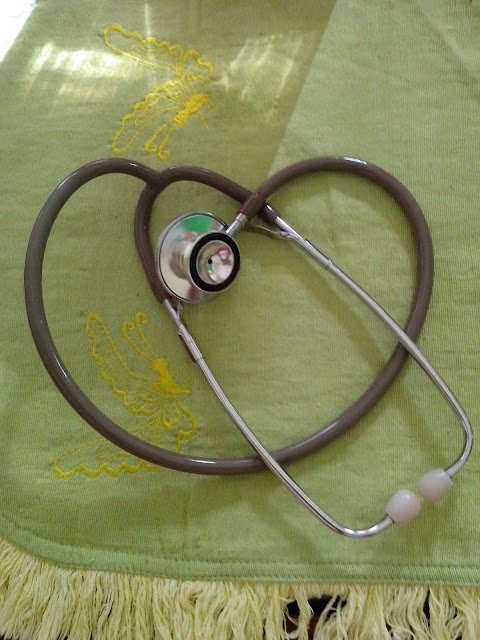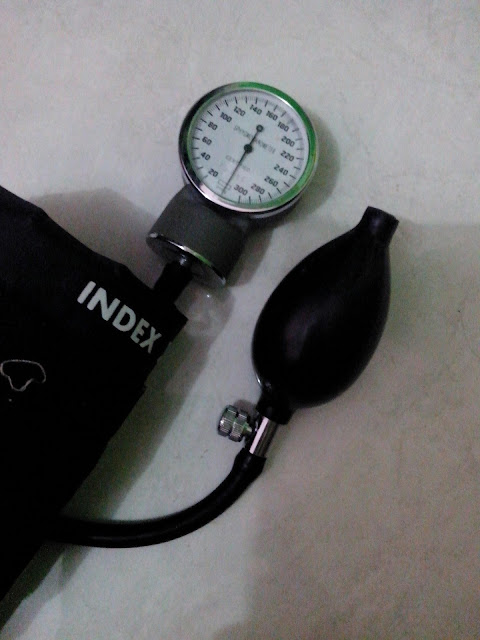A stethoscope is a medical device for listening to sounds inside the body. The initial stethoscope was invented in the early 19th century by French physician Ren� Laennec, but was actually trying to achieve a rather different end: doctor-patient distance....
Showing posts with label renal. Show all posts
Showing posts with label renal. Show all posts
Thursday, August 21, 2014
HOW AGE AFFECTS DRUG ACTION
As the body ages, body structures and systems change, affecting how
the body responds to medications. Some common changes that significantly affect
medication administration follow.
Body composition
As a person grows older, his total body mass and lean body mass
tend to decrease while body fat tends to increase. These factors affect the
relationship between a drug's concentration and solubility in the
body.
Digestive system
Decreases in gastric acid secretion and GI motility lead to the
body's decreased ability to absorb many drugs well. This can cause problems with
certain drugs—for example, digoxin, whose narrow therapeutic range is tied
closely to absorption.
Hepatic system
Advancing age reduces blood supply, and certain liver enzymes
become less active. As a result, the liver loses some of its ability to
metabolize drugs. With reduced liver function comes more intense drug effects as
higher levels of a drug remain in circulation. This increases the incidence of
drug toxicity.
Renal system
Kidney function diminishes with age. This alone may impair drug
elimination by 50% or more. In many cases, decreased kidney function leads to
increased blood levels of certain drugs.
Subscribe to:
Comments (Atom)
Powered by Blogger.



